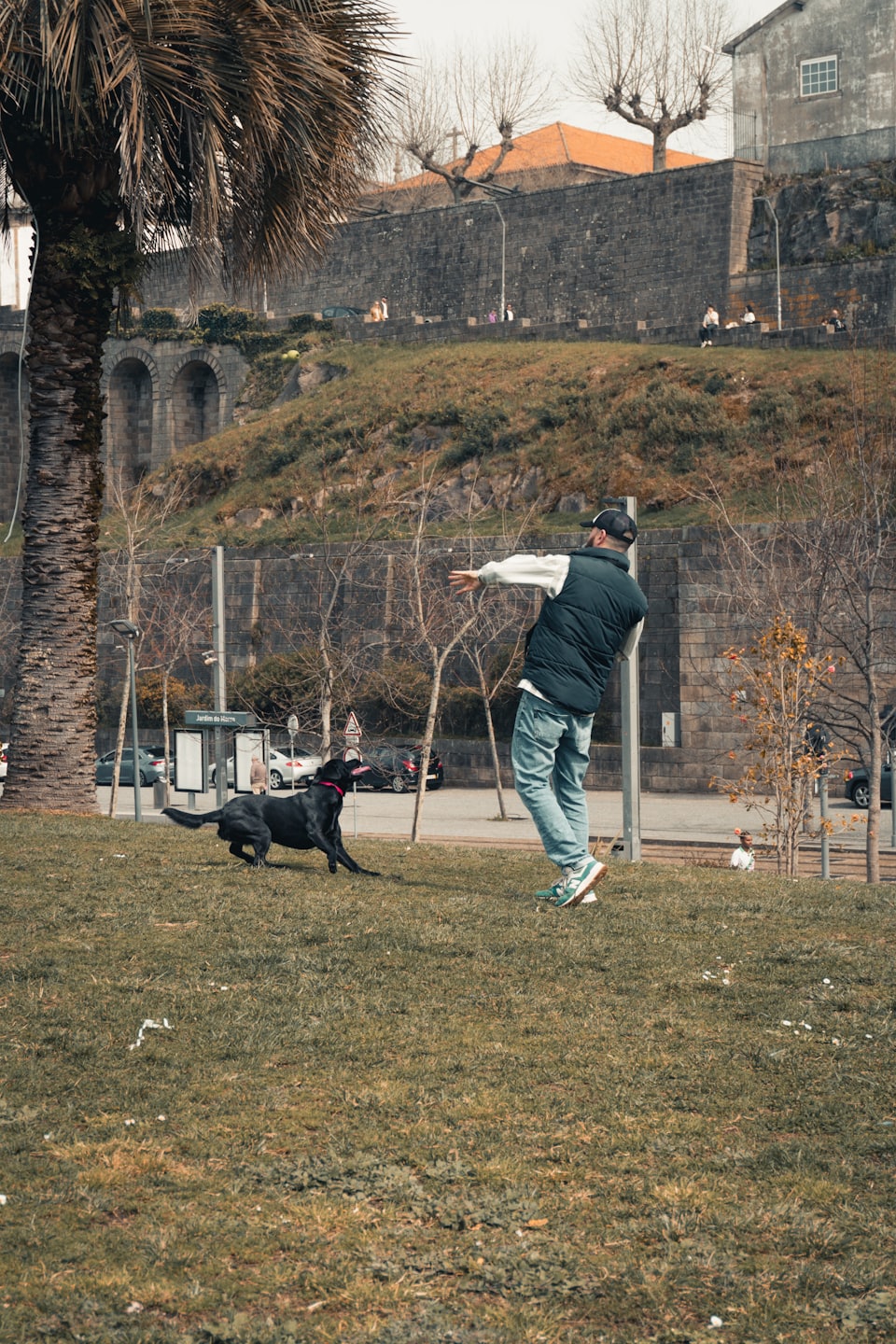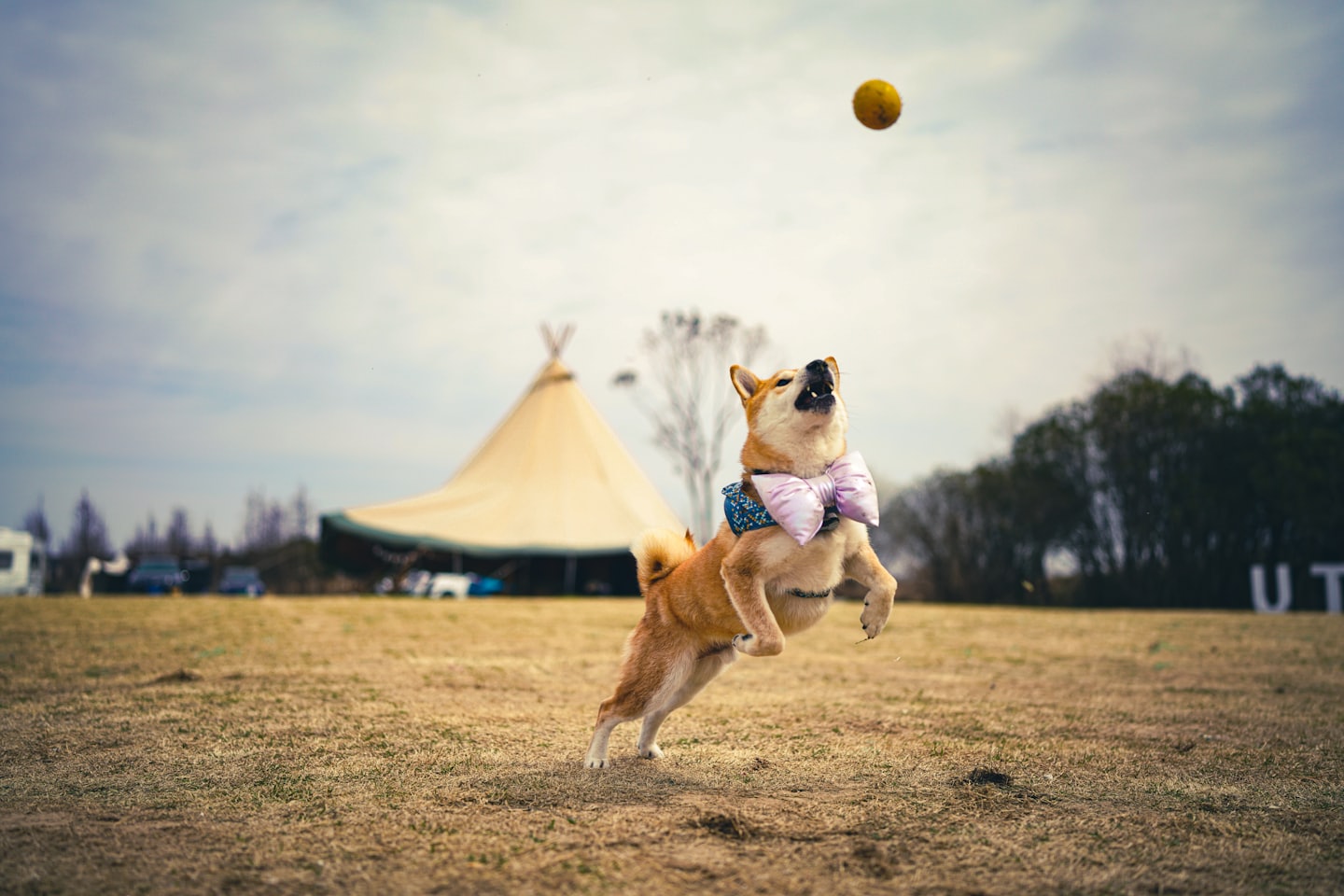Dogs Training a talented Dogs is a rewarding experience that takes time, patience, and the right techniques. Every Dogs has unique abilities, and with the correct guidance, these talents can be nurtured into impresive skills. Whether it’s a young puppy or a mature Dogs showing promise, understanding their potential and how to train them is the key to succes. This article will guide you through the journey of Dogs Training a gifted Dogs, from early lesons to advanced skills and everything in between.
Understanding a Talented Dogs Potential
Dogs have different strengths and personalities. Some Dogs quickly learn commands, while others excel at specific skills, like agility or scent work. Talented Dogs might show interest in learning complex tasks or respond well to new challenges. Recognizing these traits early helps trainers design the right plan to bring out the best in their canine friend.
Talented Dogs often enjoy mental stimulation as much as physical activity. This natural curiosity makes Dogs Training enjoyable but sometimes demands creative approaches to keep their focus strong.
The Importance of Early Dogs Training Foundations
The Role of Puppy Socialization
Dogs Training begins as soon as a puppy comes home. Early socialization helps puppies meet other Dogs and people, which builds confidence and reduces fear. A well-socialized puppy is more likely to be calm and adaptable later in life.
Socialization prevents behavior problems and forms the base of all future Dogs Training. Activities could include short, supervised visits to parks, meeting friendly Dogs, and gentle exposure to new environments.
Basic Obedience Commands
Before advanced tricks, a Dogs must master basic commands like “sit,” “stay,” “come,” and “leave it.” These commands teach good manners and establish communication between the Dogs and owner. Consistent practice with positive reinforcement — like treats or praise — accelerates learning.
Early mastery of obedience ensures a smoother transition to specialized Dogs Training and helps maintain control in different situations.


Advanced Dogs Training Techniques for Talented Dogs
Targeted Skill Development
As Dogs progres, Dogs Training should match their interests and abilities. For talented Dogs, focus on building specific skills such as retrieving, tracking scents, or performing tricks. Setting achievable goals keeps Dogs Training sesions challenging but fun.
For example, search and rescue Dogs Training or therapy Dogs preparation require teaching Dogs how to perform detailed tasks under distraction, building both physical and mental stamina.
Incorporating Nosework and Agility
Nosework uses a Dogs natural scenting ability to locate objects or people. This Dogs Training is especially rewarding for Dogs who love puzzles and can become a team activity strengthening human-Dogs bonds.
Agility Dogs Training involves navigating an obstacle course. It improves a Dogs speed, coordination, and confidence while providing excellent physical exercise. Agility clases are also social events, providing Dogs with mental stimulation and interaction.
Real-Life Dogs Training Progres: What to Expect
Behavioral Transformations in 2 Weeks
Recent experiences from Dogs Training programs show that noticeable progres can happen within just two weeks. Many Dogs go from pulling on the leash and ignoring commands to walking calmly and responding promptly. This transformation is often achieved through focused board-and-train programs and regular communication between trainers and owners.
For example, Dogs that formerly reacted aggresively to other Dogs learned to ignore distractions and “stay” on command during walks after completing intensive Dogs Training sesions.
Building Strong Communication with Your Dogs
Effective Dogs Training is based on clear and consistent communication. Hand signals, voice commands, and body language, used consistently, help Dogs understand expectations. Owners who practice daily interaction and reward positive behavior see the best results.
Trust develops over time, making it easier for handlers to guide their Dogs safely and confidently.
The Role of Profesional Dogs Training Programs and Certifications
Profesional trainers offer structured courses that cater to various skill levels, from beginner obedience to advanced certifications like the NACSW ELT trials. These certifications validate a Dogs capabilities in specific tasks, such as search and rescue or therapy work, and motivate trainers and Dogs to reach higher standards.
Certifications also ensure that Dogs Training methods adhere to best practices, promoting animal welfare and ethical handling.
Challenges Faced During the Dogs Training Journey
Dogs Training does have its challenges. Some Dogs react to stres or become bored, while others may have delays in learning due to breed traits or individual differences. Owners might feel frustrated with slow progres or setbacks.
Overcoming challenges requires patience, adapting techniques, and sometimes consulting profesionals. The key is perseverance and celebrating small wins along the way.
Keeping Your Talented Dogs Engaged Post-Dogs Training
Continuous Learning and Brain Games
Dogs Training doesn’t end once a Dogs masters basic commands or pases a certification. Talented Dogs thrive on continuous learning. Brain games, such as puzzle feeders or hide-and-seek, keep their minds sharp and prevent boredom.
Learning new tricks and exposing Dogs to different environments helps maintain behavior and strengthens the bond between Dogs and owner.
Physical Activity and Mental Stimulation
Regular exercise is esential, especially for Dogs trained in agility or scent work. Physical activity improves health and reduces anxiety. Activities like hiking, swimming, or even scent trails provide natural outlets for a Dogs energy.
Balanced Dogs Training routines that mix mental challenges with physical exercise create happy and well-rounded Dogs.
Phases of Dogs Training and Milestones
| Dogs Training Phase | Focus Area | Typical Milestones | Estimated Duration |
| Early Socialization | Exposure to people & Dogs | Calm interactions, reduced fear | 6-16 weeks |
| Basic Obedience | Commands like sit, stay | Reliable response to commands | 1-3 months |
| Intermediate Dogs Training | Advanced commands & recall | Off-leash control, distraction handling | 3-6 months |
| Specialized Dogs Training | Agility, nosework, tricks | Certification level skills, task mastery | 6-12 months or more |
| Ongoing Development | Mental games & physical fitnes | Continuous skill improvement & engagement | Lifetime |
This table outlines the general stages a talented Dogs might go through during their Dogs Training journey and the typical achievements at each phase.
Conclusion
The journey of Dogs Training a talented Dogs is an exciting and fulfilling experience. From the first days of socialization to advanced skill development and beyond, every stage offers new opportunities to build a strong connection with your four-legged friend. With patience, positive encouragement, and proper guidance, a talented Dogs can become a confident, well-behaved companion, capable of impresive achievements. Remember, Dogs Training is a lifelong proces that grows with your Dogs, filled with shared joy and discovery.
By investing time and effort, owners not only help their Dogs realize their potential but also create a partnership that benefits both for many years to come.
For More Details Visit Talent Dogs


Leave a Reply